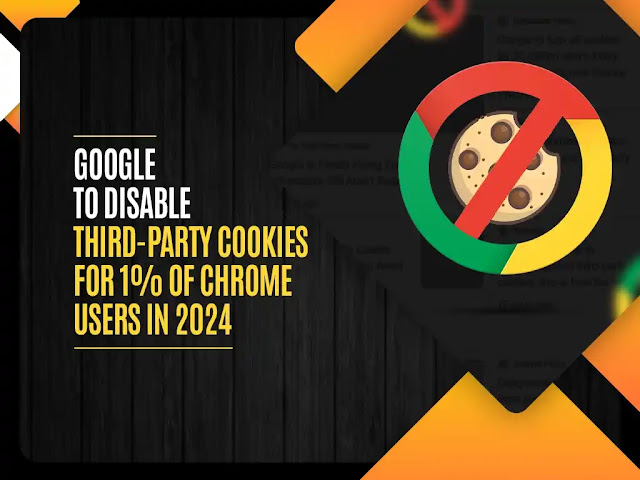In a surprising move causing ripples in the online advertising realm, Google has deactivated cookies for 30 million Chrome users as a part of its ongoing "Privacy Sandbox" initiative. This decision has elicited both commendation and apprehension, leaving many to question whether they fall into the category of the chosen few or the excluded.
But first, let's delve into the details of this cookie-related matter.
Cookies, small files stored by websites on your browser, track your online activity and facilitate personalized content and ads. Despite their convenience, cookies have evolved into a privacy concern, fostering intrusive ad targeting and data gathering. Google's Privacy Sandbox steps in to address this issue by seeking alternatives to third-party cookies, focusing on privacy-centric tracking methods.
So, how can you determine if you're among the 30 million individuals affected?
Did you receive a pop-up? An initial indicator is a notification explaining Google's new "Tracking Protection." If you missed it, no need to worry. Check for the eyeball. Look for a novel eye icon in your Chrome's URL bar, signifying that Tracking Protection is active for the current website.
Examine your settings. Navigate to Chrome's "Privacy and Security" settings. If "Enhanced Tracking Protection" is enabled, and you don't recall making this change, chances are you're part of the experimental group.
What implications does this have for you?
Be prepared for potential website disruptions. Some sites heavily depend on cookies for functionality, so encountering login issues or broken features is a possibility. Personalized ads may dwindle.
Ads tailored to your browsing history might become less frequent (although Google's ads may still target you). Embrace the privacy paradox. While cookies can be invasive, they also fuel certain personalized features that you may appreciate. Be ready for a less individually tailored online experience.







0 Comments